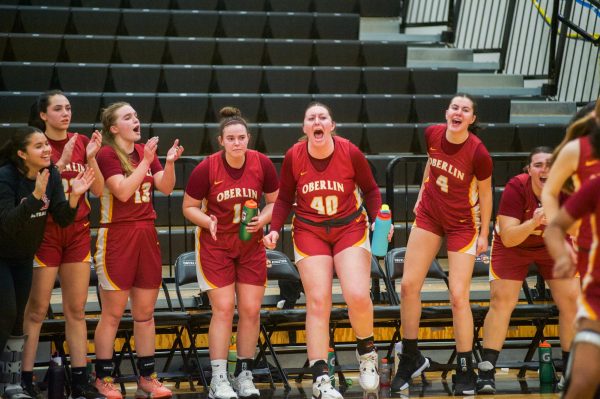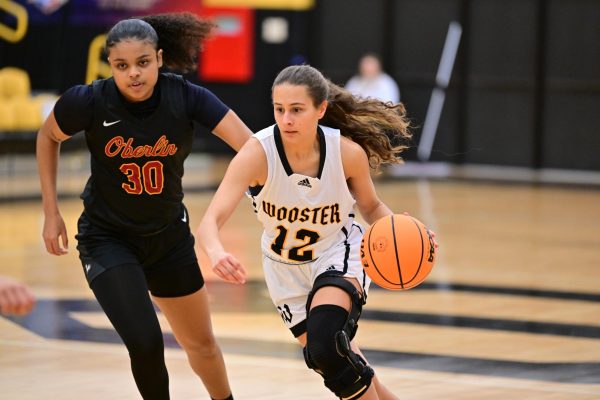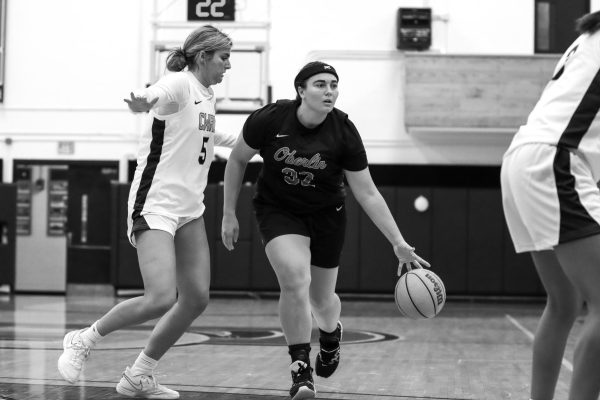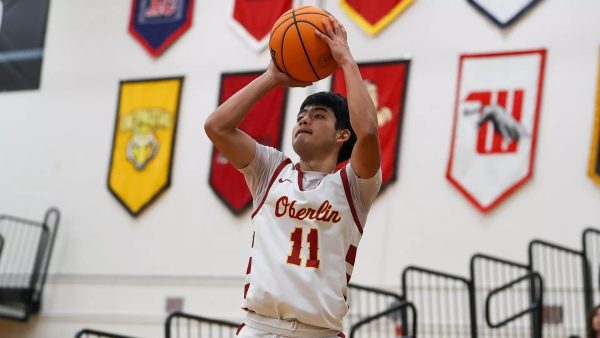South Carolina Wins March Madness, Dawn Staley Dynasty Solidified
Although March Madness ended over spring break, there’s still much to be discussed regarding the packed month of riveting competition between the NCAA women’s teams. Composed of heartbreaking losses, miraculous wins, and devastating injuries, the tournament had every basketball fan on the edge of their seat.
Despite an injury-ridden season, the University of Connecticut managed to advance up to the national championships. In the Elite Eight, there was the first double overtime as point guard Paige Bueckers led the Huskies with 27 points to their 14th consecutive Final Four, even though forward Dorka Juhász suffered a painful wrist injury in the first quarter. While both teams scored less than usual, UConn defeated former defending champions Stanford University 63–58.
In the national championship, however, UConn was no match for the University of South Carolina. Led by guard Destanni Henderson, point guard Zia Cooke, and forward Aliyah Boston, the SC Gamecocks dominated with a 64–49 win. UConn head coach Geno Auriemma had his first defeat in a national championship game, while the Gamecocks’ head coach Dawn Staley secured her second championship win and became the first Black head coach, in either men’s or women’s basketball, to win multiple national championships.
South Carolina’s story to the championship game is one of redemption and resilience. They were a favorite in the 2020 March Madness tournament until it was canceled due to COVID-19. In 2021, South Carolina fell to Stanford by one point in the Final Four, as Aliyah Boston failed to make a layup that could’ve won the game. South Carolina was determined to work harder for the next season, and the results quickly became apparent. The Gamecocks led the preseason poll as the first seed and stayed at the top of the weekly Associated Press’ Top 25 polls for the next 18 weeks of the regular season, even with an upset loss to the University of Kentucky in the Southeastern Conference championship game.
In just one season, Dawn Staley defeated powerhouse coaches Geno Auriemma, Kim Mulkey of Louisiana State University, and Tara Vanderveer of Stanford. The Gamecocks entered March Madness 2022 as the No.-1 seed overall, and in the first game, they only allowed Howard University to score 21 points, one of the lowest scores in NCAA history.
Despite their accomplishments, it appeared as though South Carolina was continuously overlooked and misrepresented throughout their season. Even when they won, ESPN reporter Holly Rowe accidentally confused Aliyah Boston for a completely different player, Aaliyah Edwards of UConn. Further, before their game against University of Louisville in the Final Four, Insider reporter Meredith Cash wrote an article about how South Carolina didn’t show up for the national anthem, while Louisville did. The piece was inaccurate, missed important context, and manipulated Staley’s quotes from two years ago about racial justice. More insultingly, Cash initially failed to mention that Creighton University, a predominately white team, didn’t show up for the national anthem in their games either. In a later interview, Staley talked about how the piece was distracting her and her players right before the championship game.
While I was watching different March Madness games or promos, I also noticed how media outlets portrayed Aliyah Boston. After missing the winning layup against Stanford, a video of Boston breaking down into tears quickly circulated social media. After that, every time Boston was mentioned, the video would inevitably show up. No other player had their reaction to a loss continually brought up like hers. Despite how much Boston has accomplished, it almost felt like they were trying to confine her to this one moment as a marketing tactic for March Madness instead of highlighting her many achievements.
I hope more people can appreciate the “Dawnasty” being built by Coach Staley and her players because they’re certainly a force to be reckoned with next season. And although they faced heartbreak and uncertainty in the past two years, they will no longer be defined by them. As Aliyah Boston said after winning, “Everyone had a picture of me crying at the end of the Final Four [last year] and they put it everywhere … but today we’re national champions and [I’m crying] happy tears,” before smiling at the camera.









